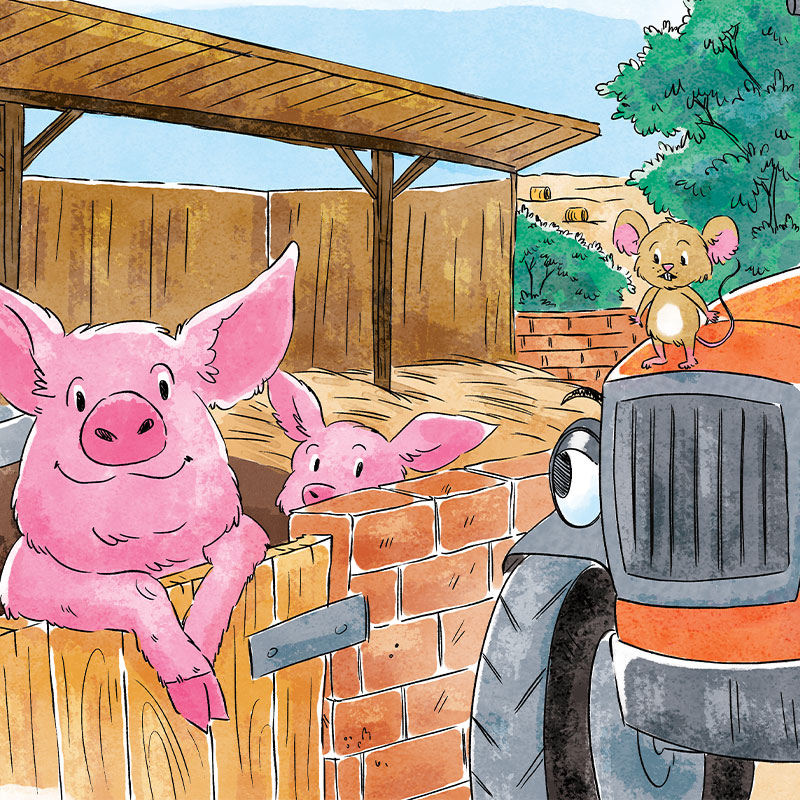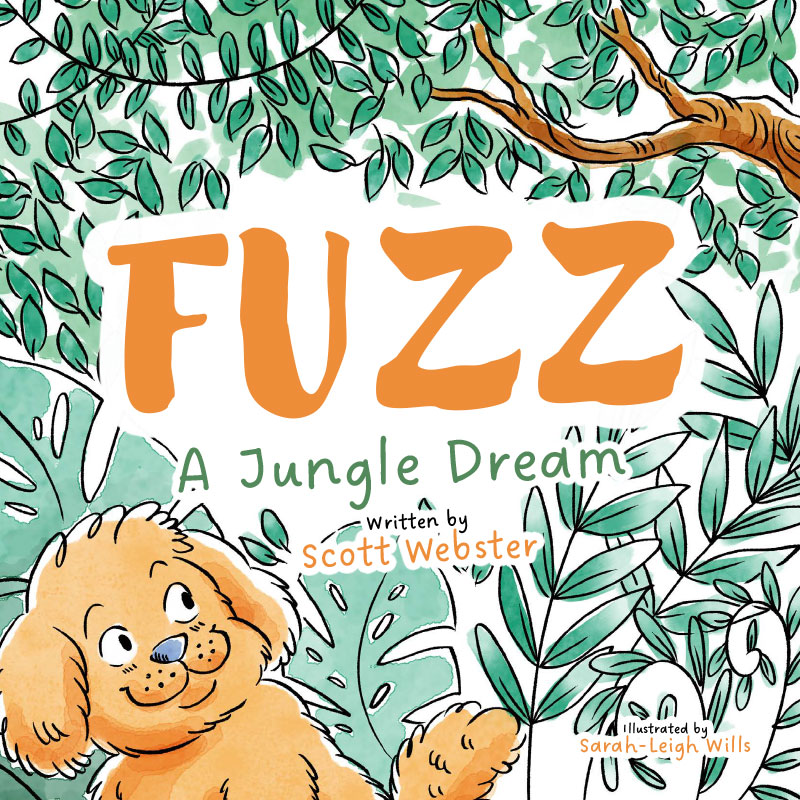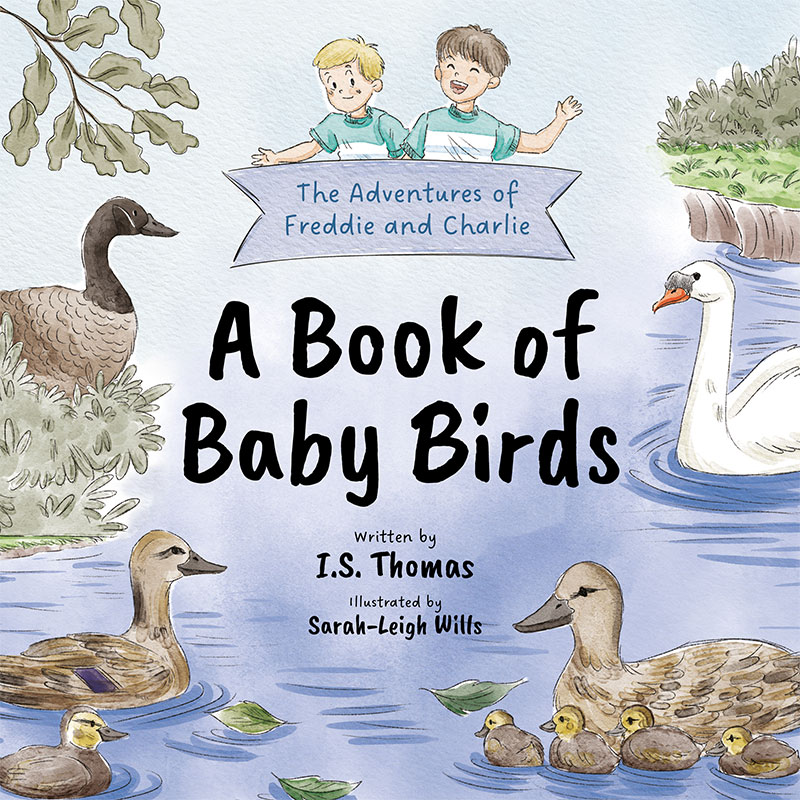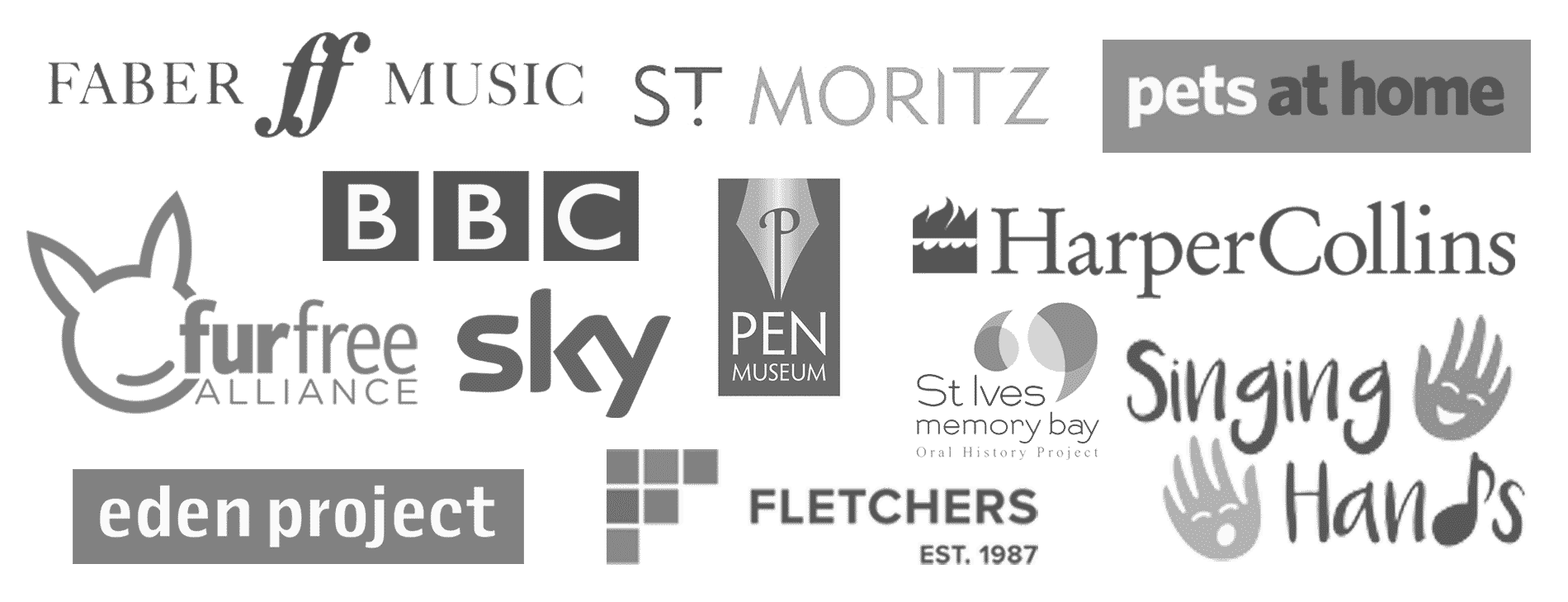Did you know your baby’s brain will grow exponentially in the first few years of his/her life?
In the first three to five years of their life, your child’s brain is developing at the most rapid rate that it will in their lifetime. During this time, cognition, linguistics, emotional, motor and social development are occurring at a rapid pace. When approaching 15 to 18 months of age, the vocabulary will widen and will continue to do so well into their preschool years.
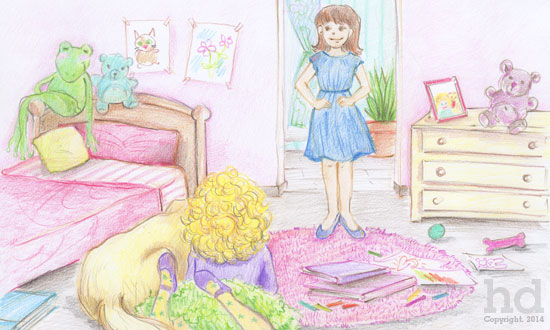
Creating Connections
With each new sensation or sensory perception through the five senses, their brain grows with information. When they are talked to or touched, their brain has millions of neurons that fire in accord with each other, building bridges over time. Each time they use one of her senses, a new neural connection is created within their brain. When specific experiences are repeated, this will create connections that will shape their feelings and thoughts about their world, their behaviour in it, and how they will continue to learn into the future.
Healthy Environments Encourage Continued Learning
The best way to ensure that this learning continues at optimal levels is for a close relationship to develop between the child and their primary caregivers. When they interact with them, such as by speaking, singing, reading, or in other ways, such as meal time, this nourishes the brain as well as the body. Having a healthy environment in which to do this growing and learning will make a huge difference in their development currently and in their potential in the future.
Contact and Communication
In the formative years, as they are called, your child will need a lot of love, care, and affection. Skin to skin contact in the form of holding or cuddling and verbal communication all help stimulate growth of the brain and provide for emotional development. They should never be too far away from their parents.
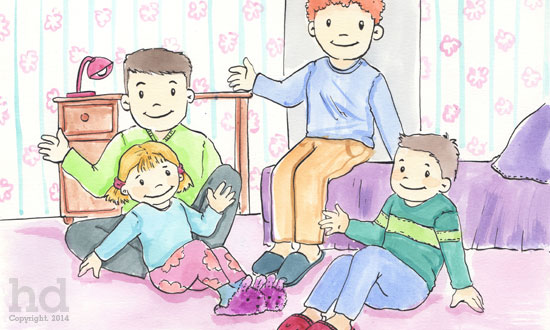
Nurture their Natural Abilities
When children are young, their expression of emotions through acts such as crying are their ways of communication. When you respond to the cries right away, with skin contact or soothing words, you help them establish their ability to trust and feel secure. It is through this early bonding that they will grow and develop a broader range of natural abilities that they will continue to build upon for the rest of their lives. Some of these abilities are to:
- learn
- have self-confidence
- have great self-esteem
- possess necessary social skills
- have good relationships at every stage in life
- develop their sensibility towards empathy
As their brain continues to develop, so will their emotions. The emotions are real, and they are powerful. At times, they may experience frustration at not being able to do or to have something. They may experience a fear of strangers, different situations they are yet to be presented with, and yes, even the dark. If you don’t respond to these emotions appropriately, you can impact them for the rest of their lives, in ways such as they may not be able to express emotions appropriately themselves as they grow. The more patience and sympathy that you can provide, the stronger and more secure and well-balanced they will grow up to be.
Boys and girls both have the exact same requirements when it comes to emotional stability. Both sexes also possess the same learning capabilities. Both require attention, seek affection and desire approval.
Be Wary of What Is Exposed to Your Children
Young children who witness violence, neglect, or abuse, who live in familial environments that have mental illnesses, such as depression or drug use, can themselves experience high stress levels. When this type of stress is placed on a developing brain, it can eventually lead to cognitive delays and behavioural issues as they grow and into adulthood.
Proper Punishment
Punishment arising out of anger is also not conducive to a happy child. Children exposed to this type of treatment can have a tendency to also be violent, scared or depressed. You can address your child’s behaviour in other ways that are more effective, such as:
- providing clear explanations of what is permitted and what is not
- responding the same way each time to specific behaviours
- always giving praise for good behaviour
When a child is encouraged with the proper behaviour they will grow up to be more productive in their own families and communities.
Parents and other members of the family have to take part in the care and nurture of the growing infant. There should be no division between the sexes; both boys and girls should feel a sense of their own worth and gives them the confidence to explore in readiness for school age.
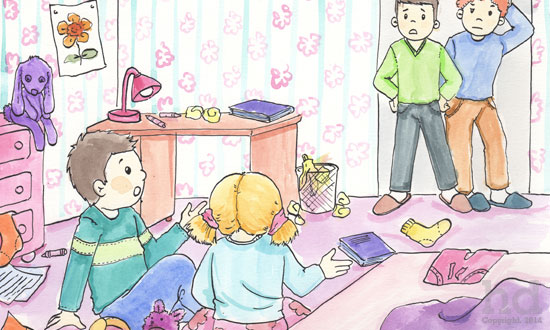
Fathers are Just as Important
Usually it is the mother in role of primary caregiver; feeding, loving, consoling, teaching, playing with, and caring for the children in the home. Father’s role can be just as vital. The father is a great help-mate for the mother in that he can provide love and affection and other roles when she cannot. Together they provide the stability required for a healthy child, youth, and adult.
Providing Security
When your child feels love and security from the time they are born, they will learn quickly the behaviours to be exhibited in a healthy environment. The more you and the other primary caregivers in the home play with and talk to your child, the faster they will learn. Even in infancy, when they do not understand what you are maybe saying, the act of conversing with them will help them develop their social skills, as well as learning and language capabilities. You can also assist their growth via the types of toys you give them to play with, such as items with different textures or toys that make noise.
Finally, those children who feel the most secure and the most loved are the ones who do the best in school, will be most self-confident, will have great self-esteem and who can best cope with the challenges that life will post as they grow.

